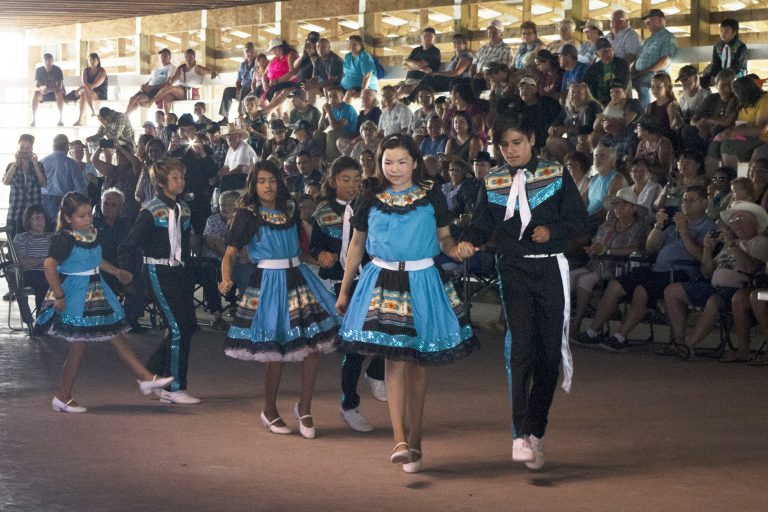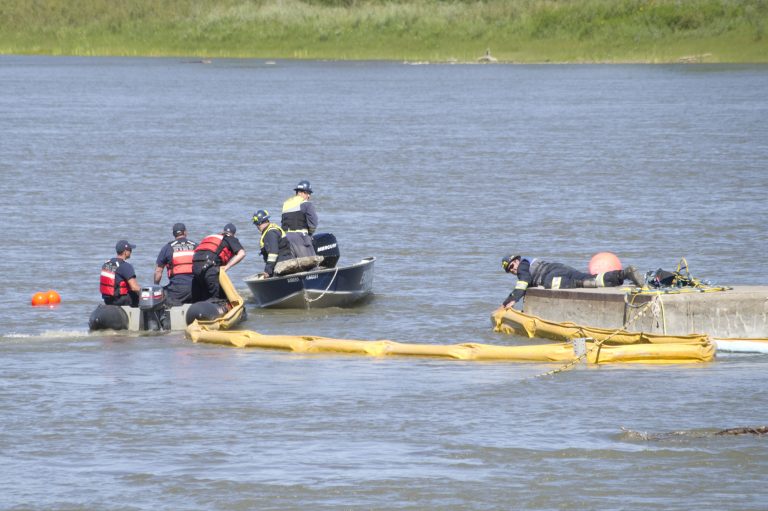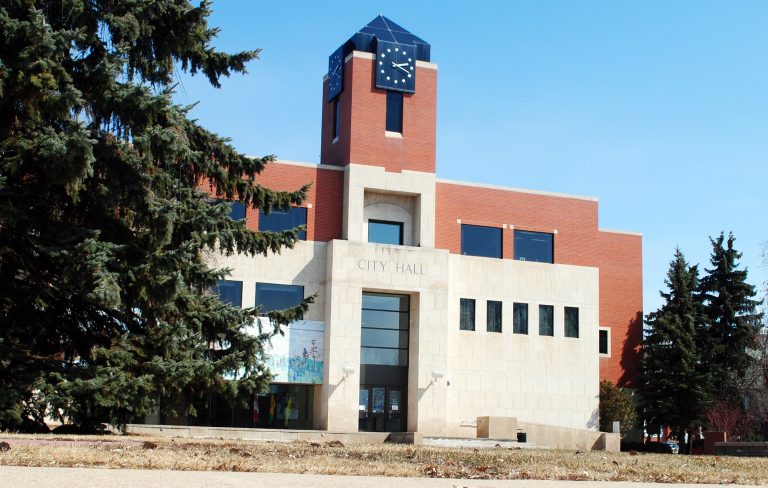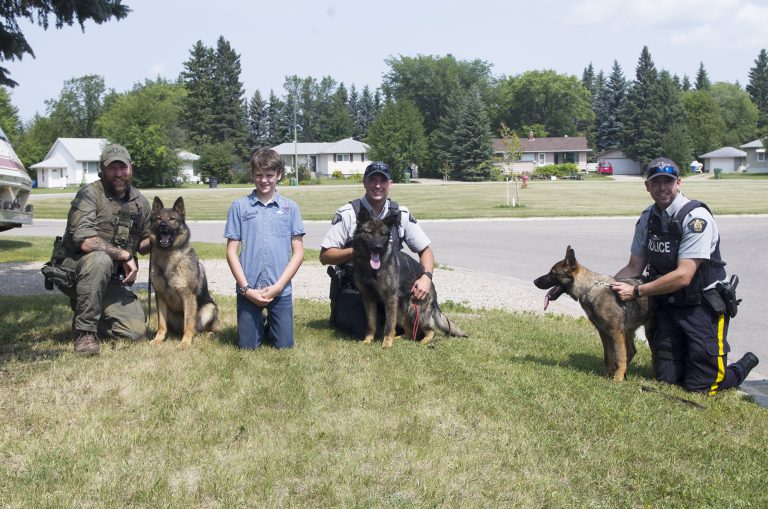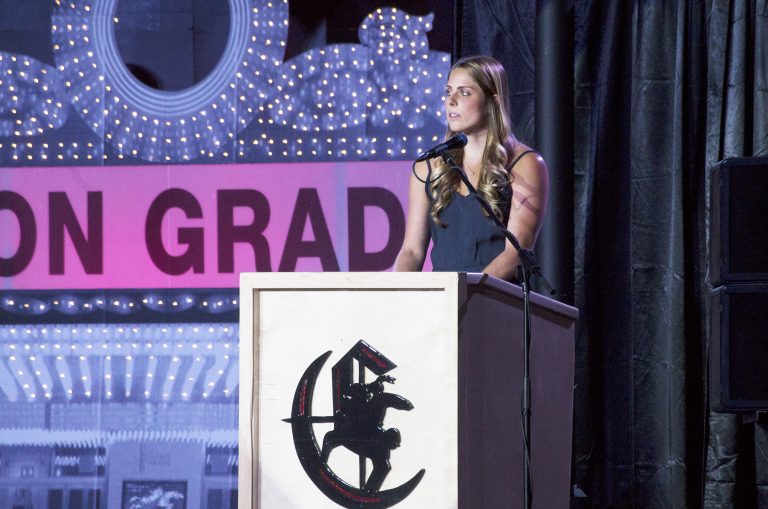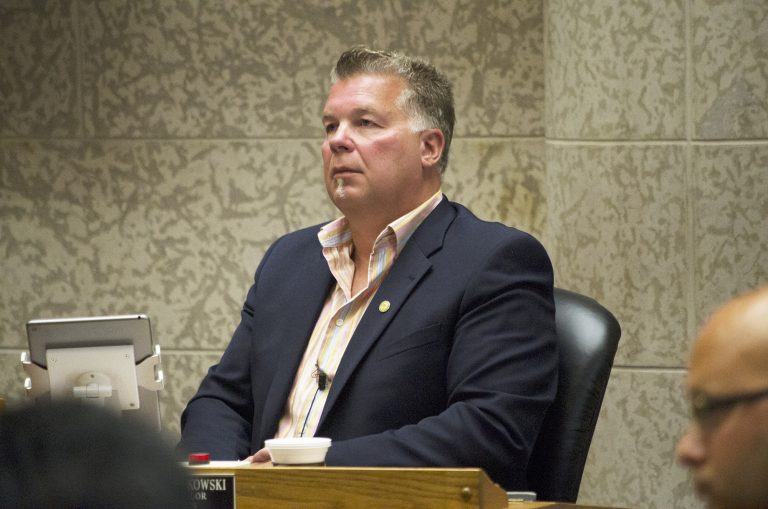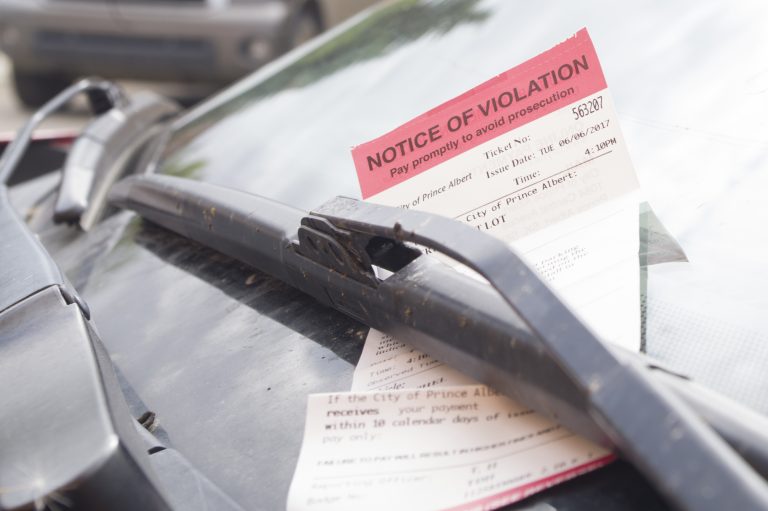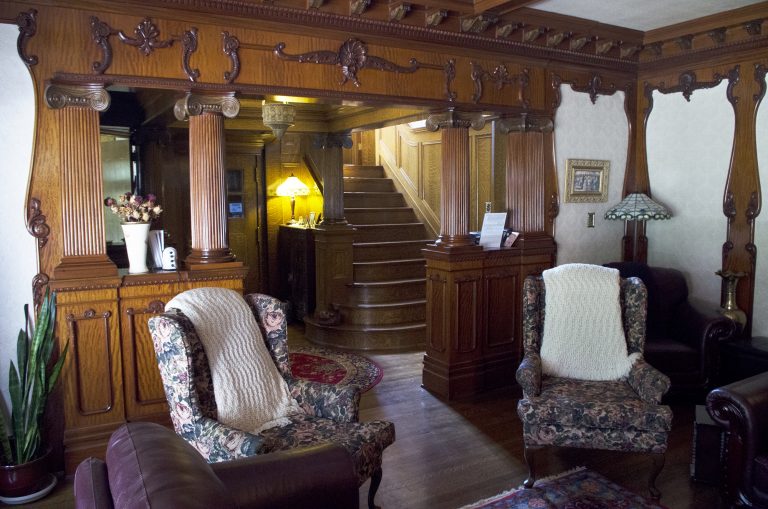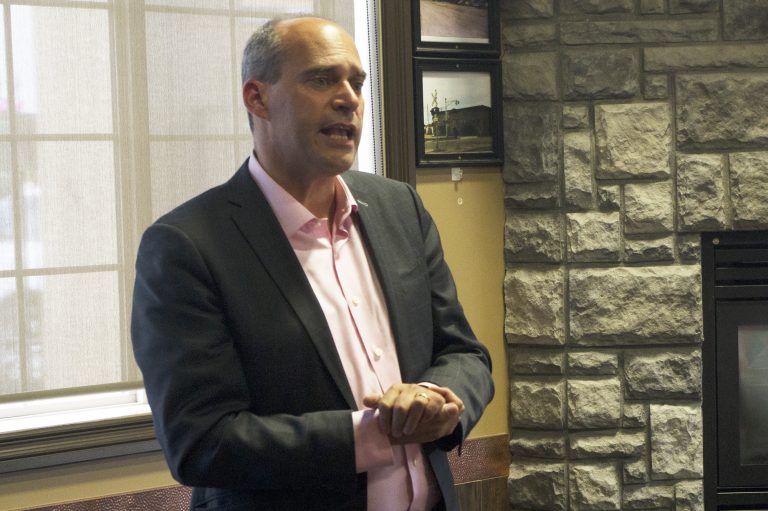When Niki Bouchard left her house on Saturday she was surprised to discover bylaw officers had left a parking ticket on her windshield.
She wasn’t the only one either.
Bouchard and numerous other residents living on the 700 and 800 block of 18th Street West were all ticketed on Saturday for parking on the boulevard. There was only one problem. Bouchard says there isn’t one.
“There’s no differentiation,” she explained. “It’s a gravel street and there are no sidewalks, there’s no paving, there’s no curves, there’s no differentiation. We came out, and our whole street had tickets from bylaw.”
Bouchard first purchased her property last fall. She has no garage and no driveway, so she’s forced to park on the street. She tries to park as close to her fence as possible, partly so it’s near enough to her house lights so she can keep an eye on it, and partly to protect it from the wear and tear of parking next to a gravel road.
“It’s a new car and it has taken some rock chips, so I think it makes sense to park it as far off as I can,” she said.
As much as that ticket caught her off guard, she was even more surprised when another bylaw officer turned up the next day to ticket her again.
Bouchard said the bylaw officer wanted her to move her car further onto the street, and told her he’d have to ticket her if she didn’t.
“I said, ‘well, I’m afraid you’ll have to do your job, but surely this can’t be the proper way to do things. I said, ‘you’re asking me to move my car further onto the gravel. You’re asking me to put my possessions in more harms way.’”
By this point, Bouchard had already raised the issue with her city councillor, and on Monday it was brought to a vote.
In a motion from Ward 2 Coun. Terra Lennox-Zepp, Prince Albert city council voted to rescind all parking tickets issued for the 700 and 800 block dating back to July 15. City councillors also instructed bylaw officers to refrain from ticketing residents for a period of one month, which would allow those affected to purchase permits from the city.
Bouchard said she was pleased with how quickly the issue was resolved, but not everyone on council was happy with the process.
Both Ward 4 Coun. Don Cody and Ward 8 Coun. Ted Zurakowski expressed concern that council didn’t have enough information to make the decision. The issue was not originally on Monday’s agenda, and was only added after councillors voted in favour of hearing it.
Cody said he was sympathetic to the Bouchard’s plight, but couldn’t vote for the motion because of how it was brought forward, which he said establishes a bad precedent.
Zurakowski noted that bylaw officers were likely ticketing the area in response to a complaint, and suggested council wait for more information before moving forward.
“I’d certainly like to hear from them (bylaw) before members from the elected council move to cancel tickets,” he told council. “There’s lots of time to cancel them, when or if the time comes.”
Coun. Lennox-Zepp, the original mover, said the matter was an important one that needed to be dealt with in a timely matter.
According to Bylaw No. 1 of 2013, section 43, nothing can “encroach upon a sidewalk or boulevard” without receiving a permit from the city.
Bouchard said she was unaware that such permits were available, and went to purchase one as soon as she finished the interview.
However, the issue is far from settled. Others, like Ward 3 Coun. Evert Botha, noted that other residents in the city were possibly facing similar problems because there are no sidewalks or boulevards.
He wants to see the city take a more proactive approach and better communicate to residents that parking on boulevards is illegal, although permits can be purchased.
Ward. 1 Coun. Charlene Miller also raised concerns, asking why bylaw officers were focusing on one particular area of Prince Albert.
“I thank the bylaw officers for actually doing their job, but do the job through the whole entire city, not just one specific (area),” she said.
Representatives from the Prince Albert’s bylaw unit were unavailable for comment by press time, however, Prince Albert’s bylaw manager did send out an email prior to Monday’s meeting telling officers to stop handing out tickets in the area until further notice.
@kerr_jas • jason.kerr@paherald.sk.ca

